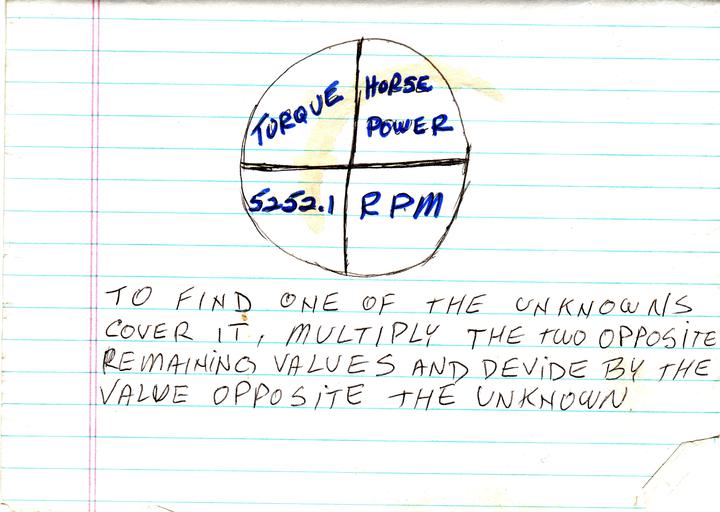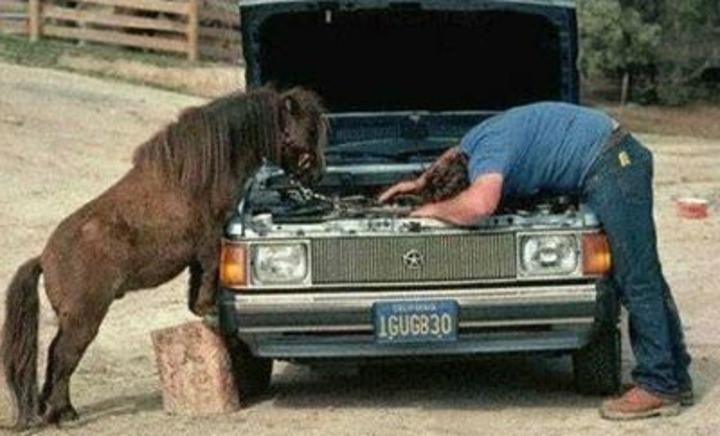Anonymous-0
Well-known Member
Not that it's the hardest thing in the world to do, but a guy just confused the....out of me today.
We were talking about tractors and vehicles in general and he said that a vehicle with a diesel motor could outperform (pulling) a vehicle with a gas motor and more HP.
Then, we were talking about my tractor (26HP 3cyl 1.8L diesel) and he said that the same series tractor in 30 HP (4 cyl 2.2L) would take care of whatever I need. He said that it wasn't so much the 4HP as it was the extra cylinder and CC.
I'm either more thick headed than I thought or he's FOS.
Dave
We were talking about tractors and vehicles in general and he said that a vehicle with a diesel motor could outperform (pulling) a vehicle with a gas motor and more HP.
Then, we were talking about my tractor (26HP 3cyl 1.8L diesel) and he said that the same series tractor in 30 HP (4 cyl 2.2L) would take care of whatever I need. He said that it wasn't so much the 4HP as it was the extra cylinder and CC.
I'm either more thick headed than I thought or he's FOS.
Dave



